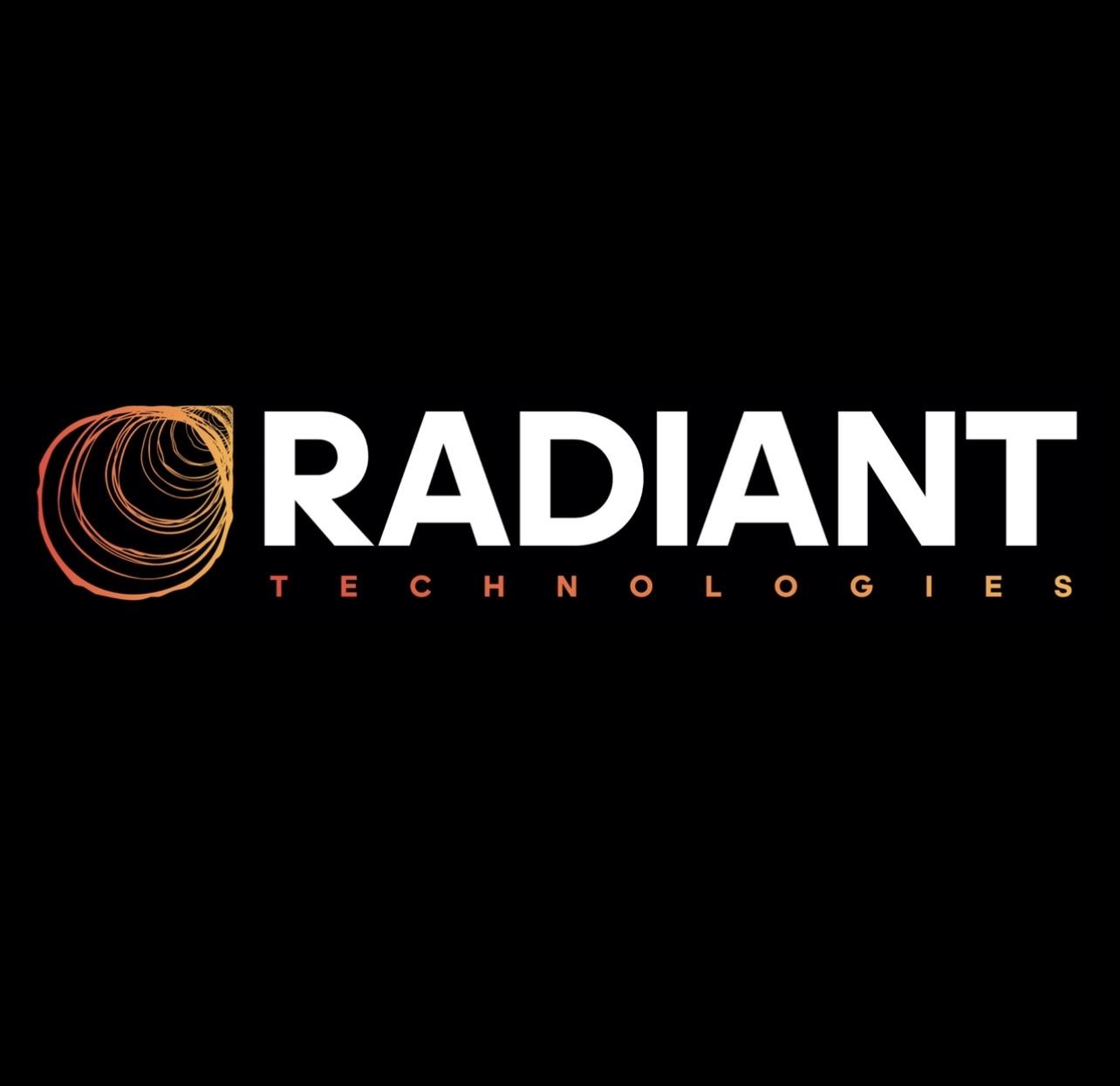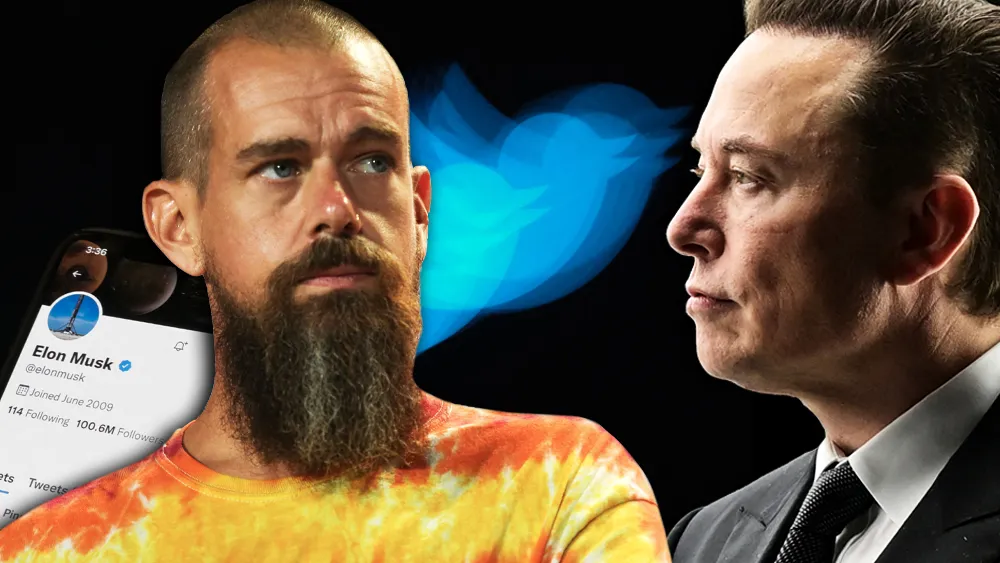Jack Dorsey, the co-founder of Twitter, posted four words over the weekend on the network he no longer controls: “delete all IP law.” Few sentences express a sentiment more succinctly than that.
Elon Musk, the current owner of the platform Dorsey established, which has since changed its name to X, supported that viewpoint. And considering that Musk is still close to Donald Trump (despite a few tariff-related setbacks) and that big tech and the US president seem to be working hand in hand, their seemingly innocuous interaction merits careful consideration.
According to Carissa Veliz, an AI ethicist at the University of Oxford, “a conversation that in another context, in another time, could have just been seen as casual conversation or irrelevant or interesting and part of the public debate, now inspires realistic regulation and fears about whether it might become policy in a week’s time.” She goes on to remark that it speaks volumes “about how power has changed hands and power relations are working” because brief, witty tweets containing seemingly absurd statements about destroying intellectual property rights must be taken seriously.
READ MORE: Offset Attacks Elon Musk For Co-Signing The Presidential Pardon For The Murder Of George Floyd

Tech firms have already been actively advocating for modifications to copyright regulations. The government of the United Kingdom has held public and business consultations over potential changes to long-standing copyright laws. The changes would require copyright owners to opt out if they do not want their creations to be used lawfully to train artificial intelligence (AI) systems.
The current plan has been met with fury and ridicule from those in the creative sectors. Ed Newton-Rex, a former executive at Stability AI and now one of the most vocal opponents of big tech’s approach to copyright and AI, claims that if IP legislation is “destroyed,” one of the primary incentives to produce at all is eliminated. “A ludicrous suggestion, from tech execs who are completely out of touch with working creators,” Newton-Rex says of the Musk-Dorsey debate.
READ MORE: The Webpage For Elon Musk’s DOGE Was Launched. Within Days, It Was Compromised
Veliz notes that it is not unexpected that two businesses who would benefit greatly from the repeal of IP legislation have that opinion. That being said, neither the rest of us nor those outside the Musk-Dorsey tech bro axis think it’s a good idea.

Four out of ten Americans think AI should be far more regulated than it is now, and three out of ten feel “somewhat more” regulation is required, according to a YouGov survey. Almost 80% of individuals are concerned that AI would lessen human ingenuity and motivation. Public skepticism over AI’s creative influence is pervasive in the UK, where over three out of four individuals think AI businesses should pay royalties for utilizing people’s work to train their models.
One of the main concerns, according to Veliz, is that removing IP law would discourage creators from producing. That would increase the likelihood that AI will train on its own outputs, gradually lowering the caliber of its outputs. Beyond that, though, it runs the risk of overthrowing a century of effective copyright law in order to uphold a business model that has already generated significant profits for its founders—revealing the position that those same tech elites have on individual rights.
Step into the ultimate entertainment experience with Radiant TV! Movies, TV series, exclusive interviews, live events, music, and more—stream anytime, anywhere. Download now on various devices including iPhone, Android, smart TVs, Apple TV, Fire Stick, and more!


